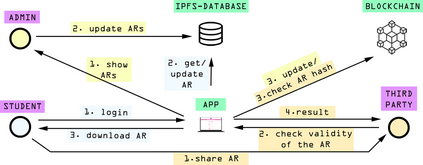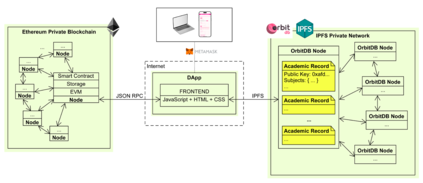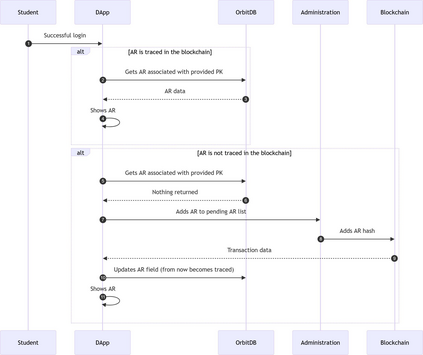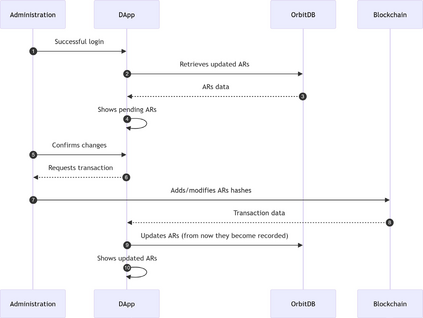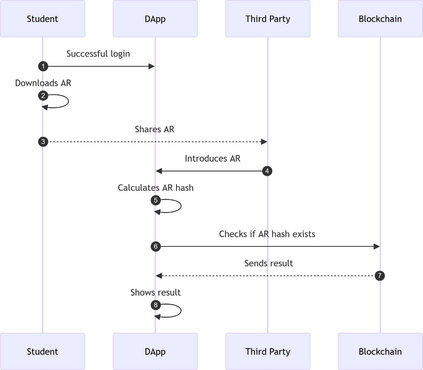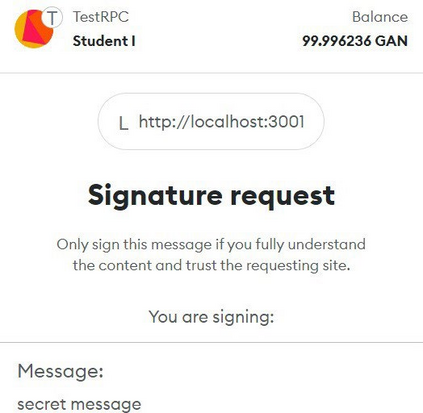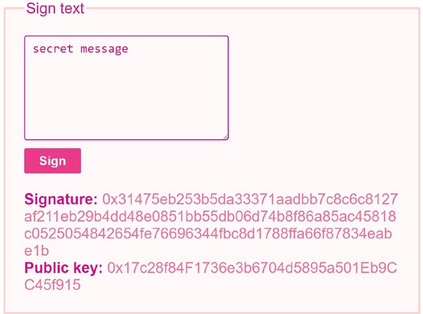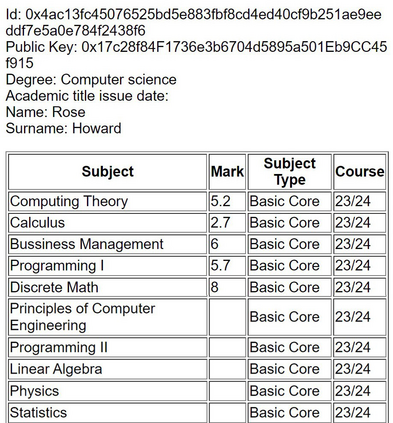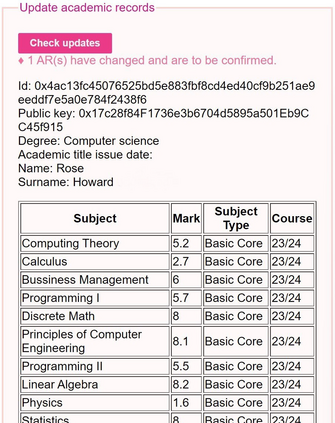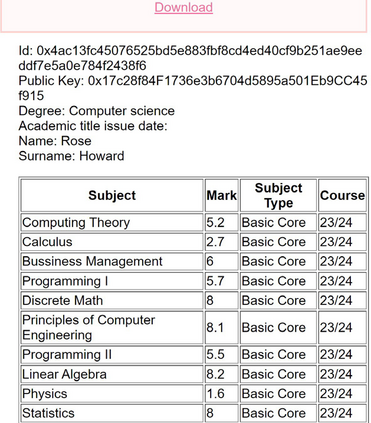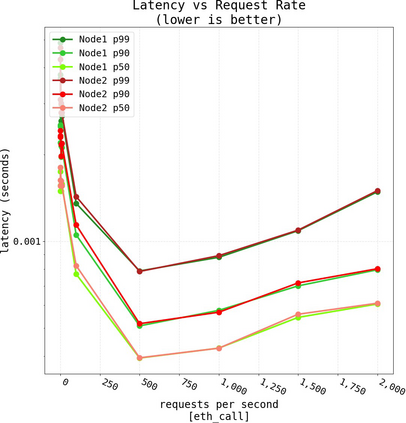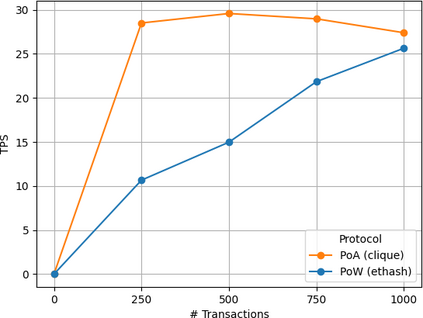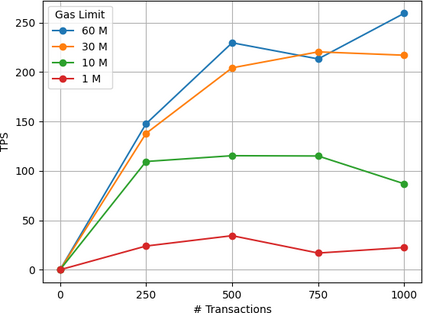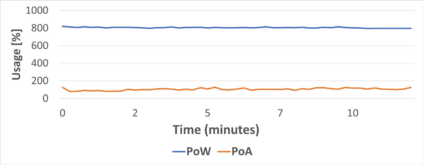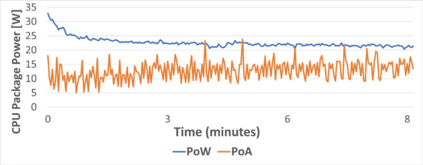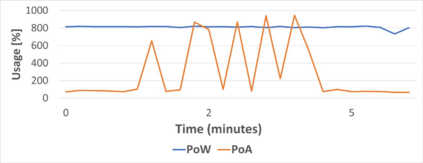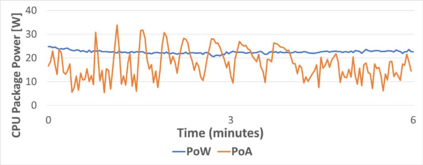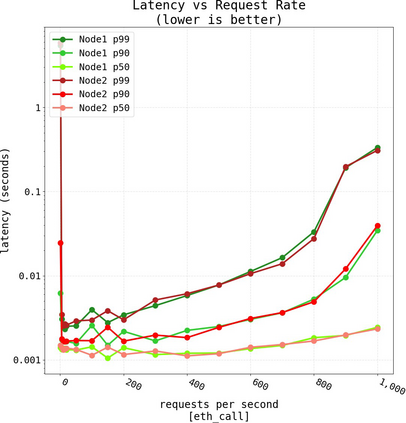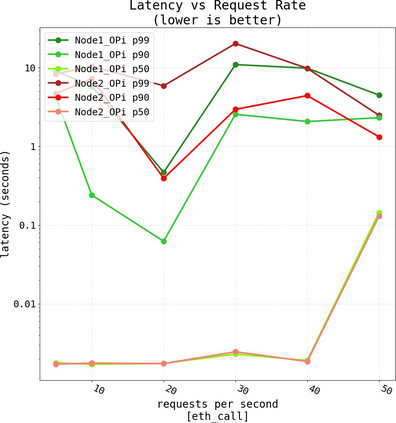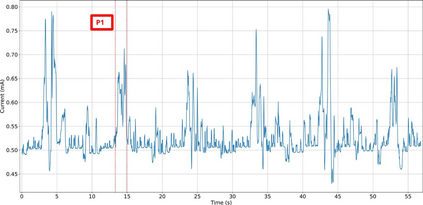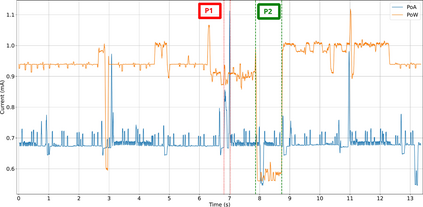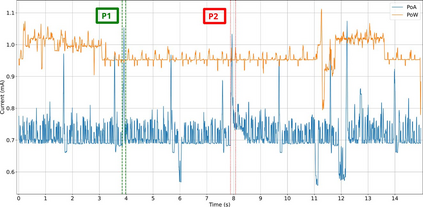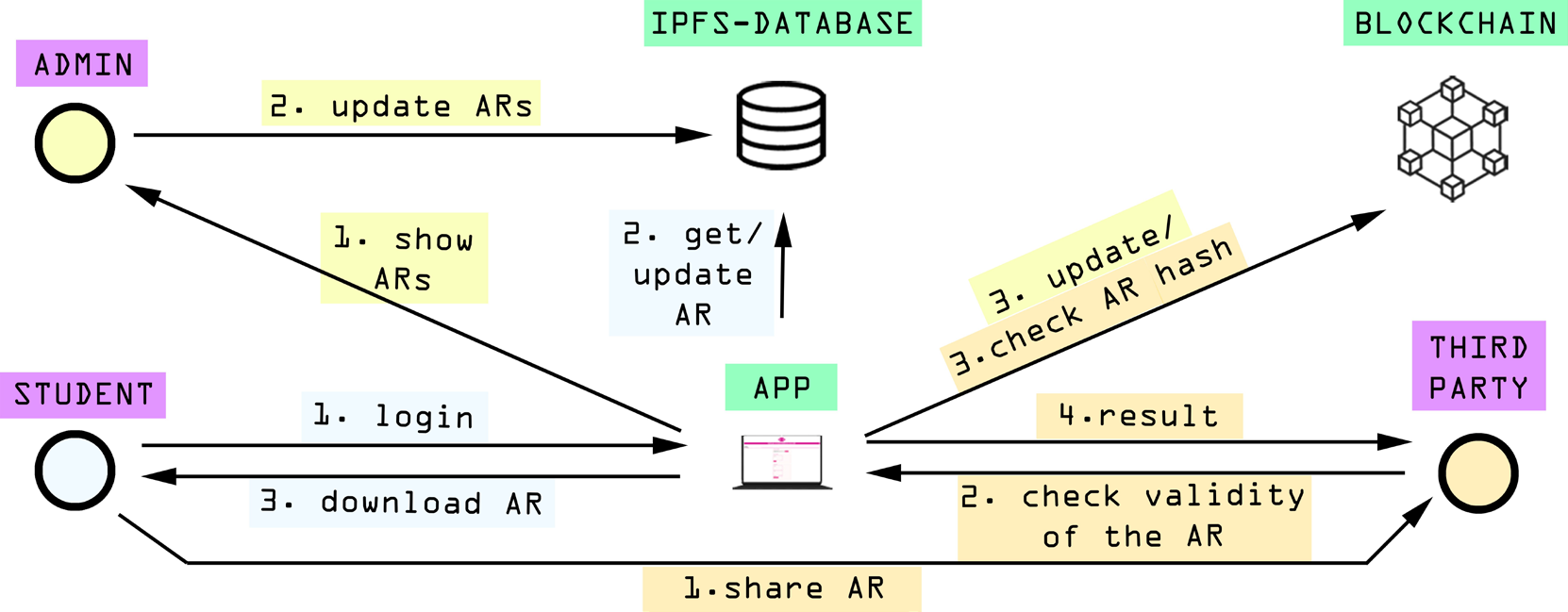The educational system manages extensive documentation and paperwork, which can lead to human errors and sometimes abuse or fraud, such as the falsification of diplomas, certificates or other credentials. In fact, in the last years, multiple cases of fraud have been detected, which have a significant cost to society, since they harm the trustworthiness of certificates and academic institutions. To tackle such an issue, this article proposes a solution aimed at recording and verifying academic records through a decentralized application that is supported by a smart contract deployed in the Ethereum blockchain and by a decentralized storage system based on Inter-Planetary File System (IPFS). The proposed solution is evaluated in terms of performance and energy-efficiency, comparing the results obtained with a traditional Proof-of-Work (PoW) consensus protocol and the new Proof-of-Authority (PoA) protocol. The results shown in this paper indicate that the latter is clearly greener and demands less CPU load. Moreover, this article compares the performance of a traditional computer and two SBCs (a Raspberry Pi 4 and an Orange Pi One), showing that is possible to make use of the latter low-power devices to implement blockchain nodes but at the cost of higher response latency. Furthermore, the impact of Ethereum gas limit is evaluated, demonstrating its significant influence on the blockchain network performance. Thus, this article provides guidelines, useful practical evaluations and key findings that will help the next generation of green blockchain developers and researchers.
翻译:暂无翻译

